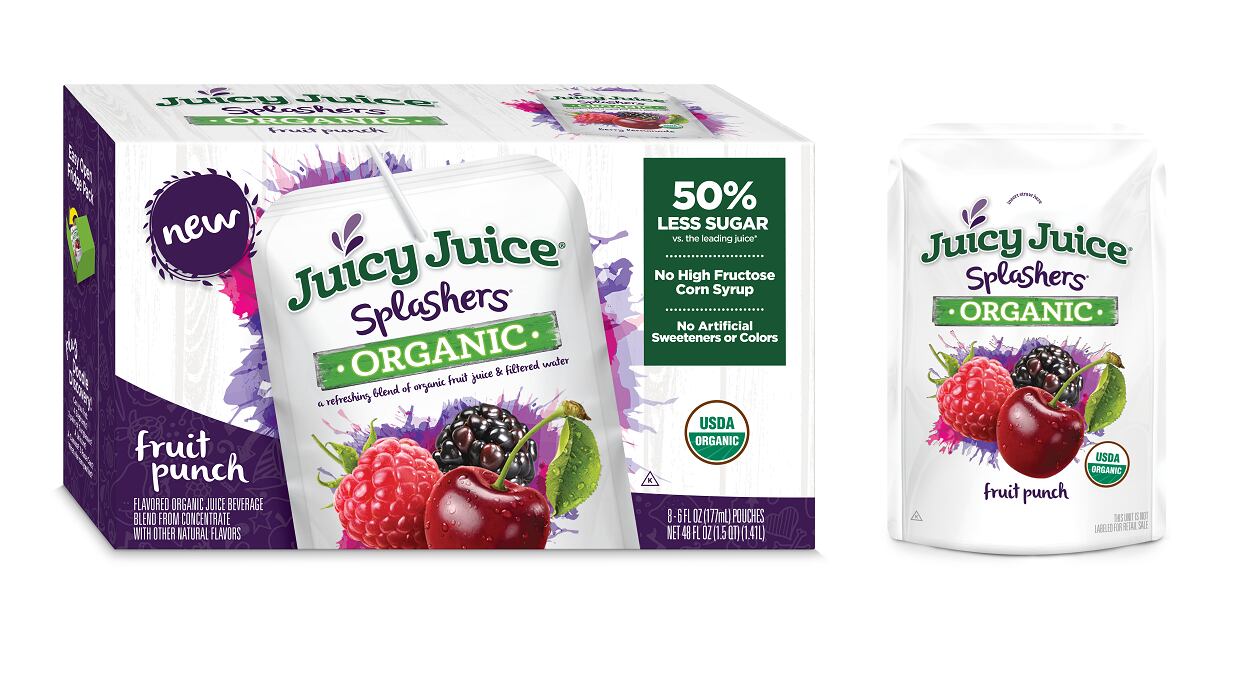“Sugar has become a very easy scapegoat, and I don’t mean that in a throwaway, dismissive kind of way. Being smart with what you eat and enjoying sweets in moderation, using sugar in moderation, and focusing on a healthy balanced diet are messages that we are really trying to promote” on the new website, Chris Hogan, VP of communications at The Sugar Association, told FoodNavigator-USA.
But at the same time, he explained “there is a sense of distrust of sugar that is just so inaccurate and unjustified,” that is based not on “one myth or one big misunderstanding, but rather on a lot of little things – almost like a lot of pinpricks” that have led to the demonization of sugar.
With this in mind, the Sugar Association launched in July a new website that strives to “provide some accurate context for sugar within the larger landscape of what people are hearing in the media or what people are hearing from some groups that don’t like sugar to begin with,” Hogan said.
For example, he noted, many people are concerned about how many calories sugar adds to products. ”But at the same time,” he said, ‘they may not have any idea it is only 15 calories per teaspoon of sugar. And that is information that can help you make a smart decision when you are choosing how much sugar to put in your coffee or when you are baking something or when you are looking at a package in the store and looking at the Nutrition Facts panel.”
The website tackles this head-on with a callout near the top of sugar.org’s new landing page that asks consumers how many calories are in a teaspoon of sugar. The link takes viewers to a frequently asked questions page that provides additional information such as how much added sugar most Americans consume and what foods and beverages are the main sources of added sugars in Americans’ diets.
Each answer is heavily footnoted with citations that link directly to the scientific or clinical research on which it is based – a move that Hogan said was “very deliberate.”
He explained that the Sugar Association “was founded in the 1940s as a scientific-research based organization … and what we are trying to do is communicate and focus on scientific accuracy and transparency, which I think probably are extremely cliché terms right now, but for us it really is something where we are holding ourselves accountable.”
As part of the website’s mission to provide added context for sugar consumption, it also spells out all the functional benefits of sugar beyond adding sweetness about which many consumers many not be aware, gives a “crash course on the many types of sugar” and provides the industry’s take on the upcoming change to the Nutrition Facts panel that will call out ‘added sugars.’
Telling sugar’s farm-to-fork story
The website’s efforts to link data to science is only one way in which the association is trying to woo back consumers – it also plays to Americans’ increasing desire to know where their food comes from and to buy natural.
The website, which is setup almost like a Pinterest feed page with large photos that viewers can click on for more information, focuses heavily on sugar’s ‘farm to table’ story by walking visitors first through different sources of sugar – cane and beet – and including a map of the US showing where each crop is grown.
Next, profiles of specific farmers make the ingredient more relatable, Hogan said.
“The profiles of the farmers and people who are in the industry is a really important component to this because it is a great way to create content that can be shared. You have a short story about someone who is a beet farmer or grows sugar cane… and it gives someone a chance to learn about the real people producing the product you just absentmindedly picked up on the shelf,” he said.
By humanizing industry players, the profiles also could help combat the perception held by some Americans that the sugar industry is trying to harm them, which Hogan noted, “makes no sense … because why would we want to do something detrimental to our own consumers?”
Hogan said he hopes to continue adding profiles of farmers and industry stakeholders over time to keep the conversation going and to help create buzz around the content-packed website.
Tailored information available
Recognizing that to change the perception of sugar in America the industry must address many different stakeholders, the website provides information that is tailored to specific groups, including educators, media, healthcare providers and families.
This includes downloadable resources, fact sheets and educational material that the Sugar Association typically hands out at events, Hogan notes.
Reflecting on these resources and the refreshed website as a whole, Hogan said his main hope for the website is that consumers will see it as an “innovative and refreshing resource” that they can trust.




